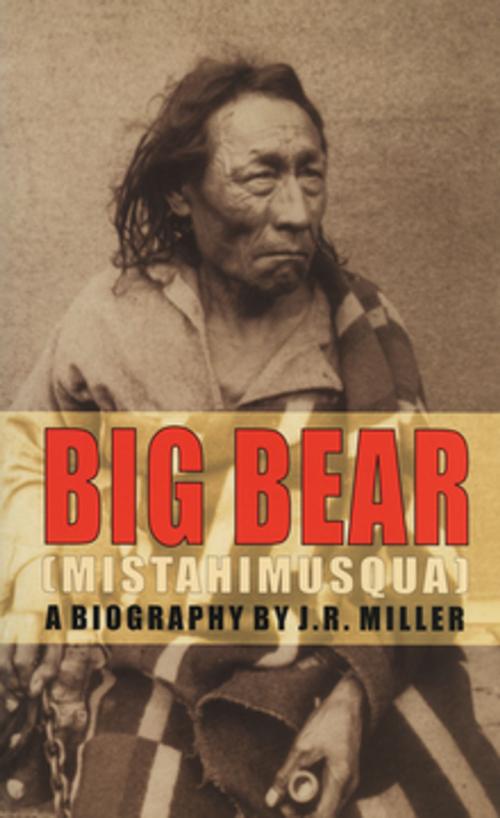| Author: | J.R. Miller | ISBN: | 9781770906808 |
| Publisher: | ECW Press | Publication: | March 1, 1996 |
| Imprint: | ECW Press | Language: | English |
| Author: | J.R. Miller |
| ISBN: | 9781770906808 |
| Publisher: | ECW Press |
| Publication: | March 1, 1996 |
| Imprint: | ECW Press |
| Language: | English |
A biography of the Plains Cree chief who challenged Canadian authorities and became a warrior of legend.
When Big Bear was young, in the first half of the nineteenth century, he overcame smallpox and other hardships—and eventually followed in the footsteps of his father, Black Powder, engaging in warfare against the Blackfoot. The time would come for him to draw on these experiences and step into a leadership role, as the buffalo began to disappear and his people suffered.
This rich historical biography tells of Big Bear’s role as chief of a Plains Cree community in western Canada in the late nineteenth century, at a time of transition between the height of Plains Indian culture and the modern era. During the 1870s and early 1880s, Big Bear became the focal point of opposition for Cree and Saulteaux bands that did not wish to make treaty with Canada. During the early 1880s, he spearheaded a Plains diplomatic movement to renegotiate the treaties in favor of the Aboriginal groups whose way of life had been devastated.
Although Big Bear personally favored peaceful protest, violent acts by some of his followers during the North-West Rebellion of 1885 provided the federal government with the opportunity to crush him by prosecuting him for treason. His story provides fascinating insight into this era of North American history.
A biography of the Plains Cree chief who challenged Canadian authorities and became a warrior of legend.
When Big Bear was young, in the first half of the nineteenth century, he overcame smallpox and other hardships—and eventually followed in the footsteps of his father, Black Powder, engaging in warfare against the Blackfoot. The time would come for him to draw on these experiences and step into a leadership role, as the buffalo began to disappear and his people suffered.
This rich historical biography tells of Big Bear’s role as chief of a Plains Cree community in western Canada in the late nineteenth century, at a time of transition between the height of Plains Indian culture and the modern era. During the 1870s and early 1880s, Big Bear became the focal point of opposition for Cree and Saulteaux bands that did not wish to make treaty with Canada. During the early 1880s, he spearheaded a Plains diplomatic movement to renegotiate the treaties in favor of the Aboriginal groups whose way of life had been devastated.
Although Big Bear personally favored peaceful protest, violent acts by some of his followers during the North-West Rebellion of 1885 provided the federal government with the opportunity to crush him by prosecuting him for treason. His story provides fascinating insight into this era of North American history.















